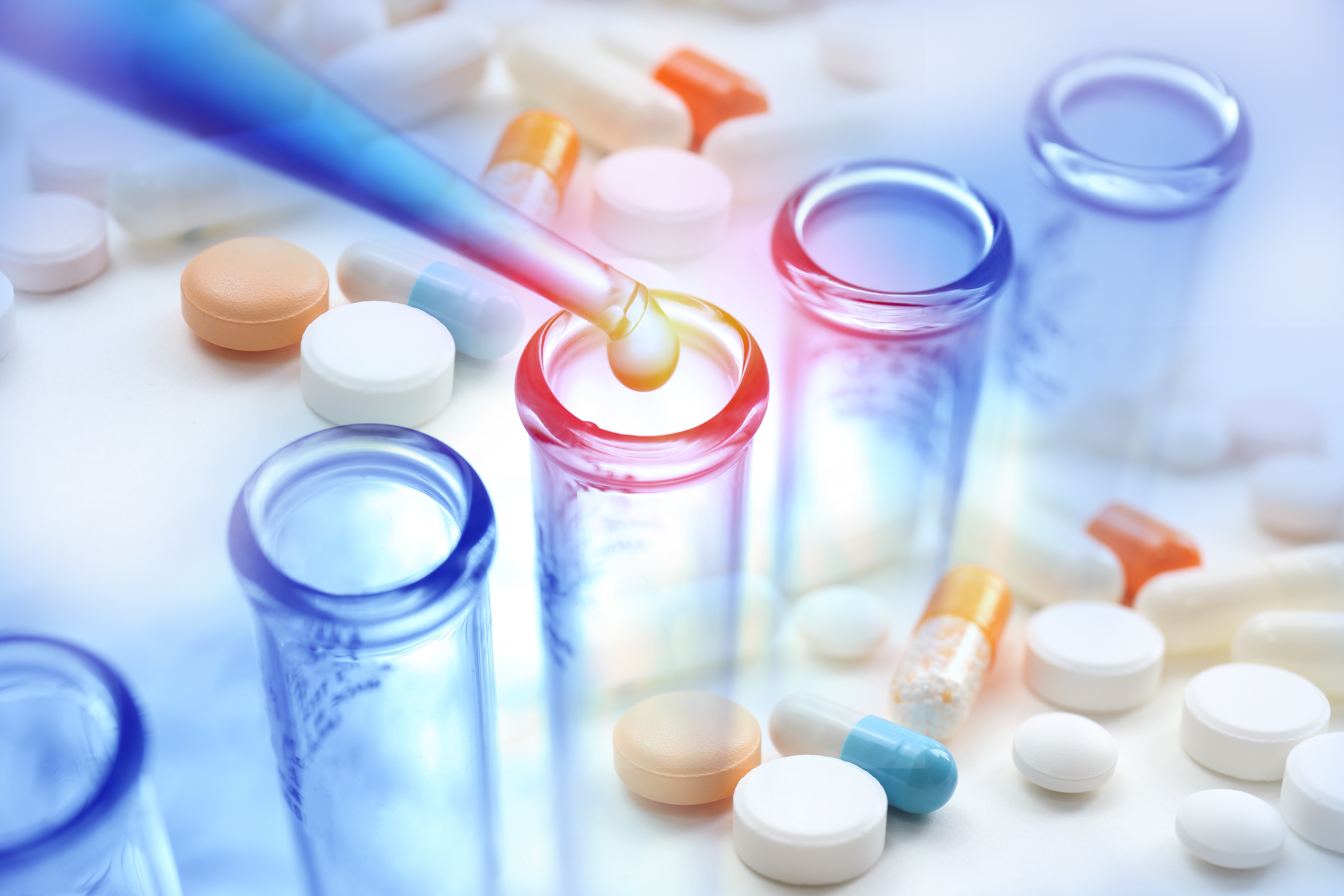NEW ANTIBIOTICS
Since their introduction in the 1940s, antibiotics have played a central role in health care and their use has progressively increased; in addition to ensuring the treatment of a wide range of infectious diseases, they are essential to guarantee patient safety during surgery. However, the challenge against bacterial infections has reignited in recent decades as more and more bacteria have developed resistance mechanisms to clinically used antibiotics. Official statistics indicate that antibiotic resistance is responsible for around 25,000 deaths a year in the EU and costs 1.5 billion euros in healthcare costs and lost productivity.
The World Health Organization has declared antibiotic resistance a global health problem and has repeatedly underlined the need to invest in research and development in this sector.
FIIRV is at the forefront of this new struggle, applying and developing the technology and know-how originally started in the research center by Lepetit and then Biosearch Italia.
After two decades of marginal interest on the part of pharmaceutical companies, natural substances have once again become a valuable source for the discovery of new drugs. Molecular data applied to environmental samples indicate that only a minimal fraction (1% or less) of microbial diversity has so far been isolated and cultivated in the laboratory: there is therefore a metabolic potential, which has not been analyzed and exploited so far, which could provide new products. of pharmaceutical interest.
Recent screening processes at FIIRV focused on Gram positive pathogen inhibitors gave rise to the characterization of two series of polycyclic molecules showing high activity on multi-resistant S. aureus and resulting in two patent applications. One of FIIRV’s current targets is to search for new antibiotics active against multidrug-resistant Gram negative pathogens in the microbial extracts of its collection.

